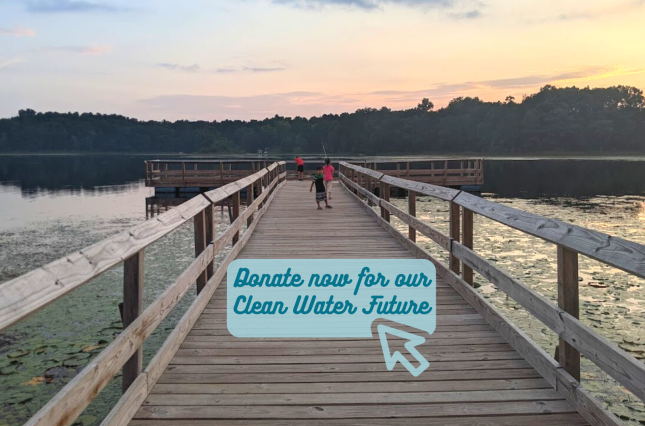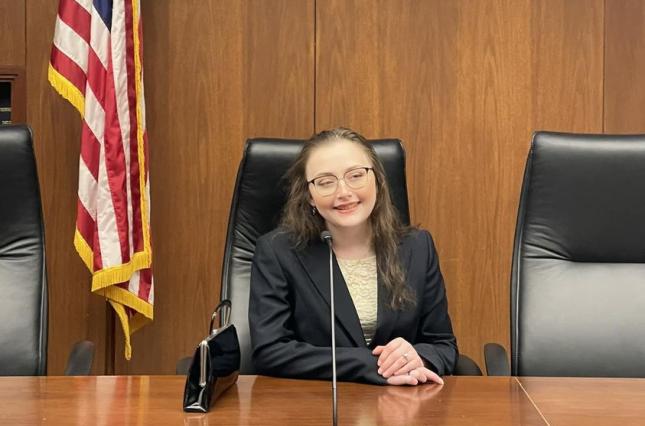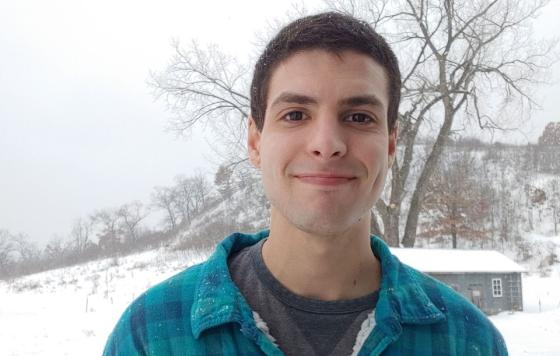SYDNEY, AUSTRALIA — Clean Water Action Minnesota State Director, Avonna Starck, alongside Minnesota State Senator Judy Seeberger, testified before New South Wales, Australia, Parliament’s Select Committee on PFAS Contamination in Waterways and Drinking Water Supplies Throughout New South Wales. They shared Minnesota’s groundbreaking progress on PFAS policy and the global ripple effects of Amara’s Law — the strongest PFAS legislation in the U.S.
Passed in 2023, Amara’s Law bans the use of per- and polyfluoroalkyl substances (PFAS) in an expansive range of consumer products, setting a new international standard for protecting public health and the environment. Named in honor of Amara Strande, a young Minnesotan who advocated passionately for PFAS reform while battling cancer linked to water contamination, the law has become a model for governments across the globe.
“Testifying in New South Wales is a powerful reminder that what we accomplish in Minnesota doesn’t stay in Minnesota — it reverberates across oceans and continents,” said Avonna Starck, State Director of Clean Water Action Minnesota. “Countries like France, Australia, England, and Japan are looking to Minnesota as the gold standard in PFAS regulation. That’s the legacy of Amara’s Law.”
The testimony before New South Wales leaders centered on Minnesota’s legislative path to passing comprehensive PFAS restrictions; the coalition-building between community members, scientists, and lawmakers; and the urgent need for global coordination to phase out these toxic ‘forever chemicals.’
Senator Judy Seeberger, who carried Amara’s Law in the Minnesota Senate, also addressed the Parliament, emphasizing the bipartisan and community-driven nature of the effort. “My district is impacted by the PFAS crisis, and I am grateful to assist our global partners in understanding the lessons learned in Minnesota,” said Seeberger. “This is a global problem started here in Minnesota and I’m proud to be a part of the global solution.”
Clean Water Action continues to support environmental justice efforts beyond U.S. borders, offering expertise, community organizing tools, and policy guidance to governments and advocacy groups confronting the PFAS crisis. The organization’s international outreach is part of a broader strategy to accelerate the global phaseout of toxic chemicals and ensure clean, safe water for all.
“We’re seeing firsthand that Minnesota’s leadership on PFAS is inspiring real momentum to stop these toxic forever chemicals,” added Starck. “Amara’s story, and the law that bears her name, are giving hope — and a blueprint — to communities around the world.”
###
Clean Water Action works at the national, state and local level to develop strong, community-based environmental leadership and bring together diverse constituencies to work cooperatively for policies that improve lives and protect water. Clean Water Action has been in Minnesota since 1982, focused on finding solutions to health, consumer, environmental and community problems and working to protect our water and our people. Learn more at www.cleanwater.org/MN
"Through no fault of my own, I was exposed to these toxic chemicals. And as a result, I will die with this cancer."
"3M poisoned our water to save a buck or two"
"Nobody deserves to go through what I did. We all deserve clean water and good health."



